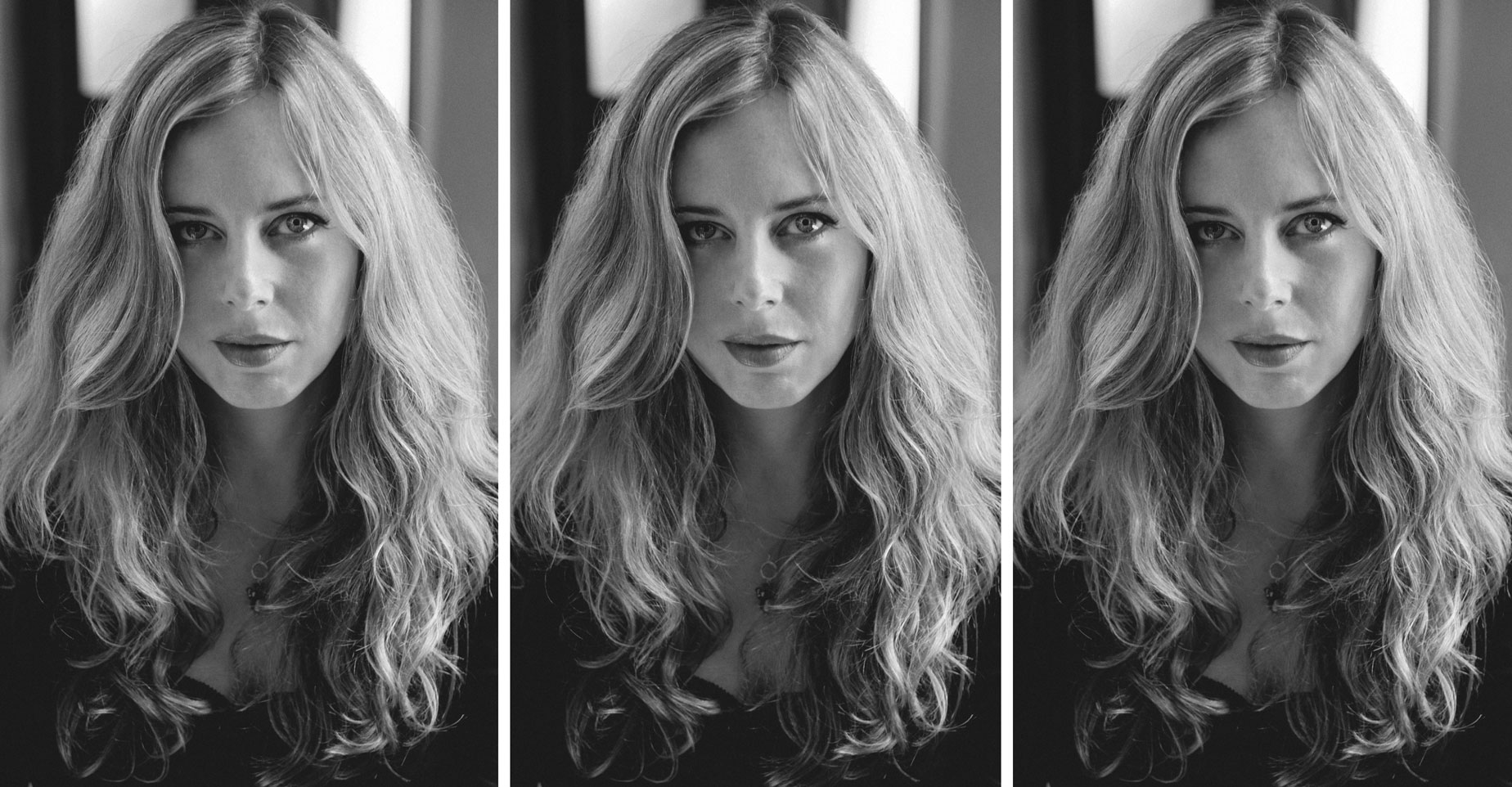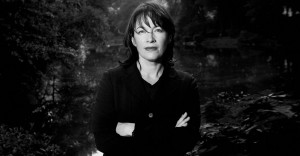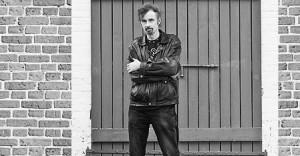Ms. Landau, what is the most satisfying part of writing poetry for you?
The hope of connecting with another person through language. It’s nice at readings when someone comes up afterward to talk about a poem. That’s my favorite moment as a writer. I like giving readings, I like letters from readers, I like to share poems with friends. That kind of intimate connection, face to face, is one of the great pleasures. Poetry allows a sort of central-line access to inner life… You enter the interior world of another person.
That curiosity seems to exist in all of us innately.
It’s a primal pleasure! A favorite teacher of mine used to say that we crave the strangeness of others. The drive to connect with other people through language is strong. Life is lonely; poetry—because of the intimate kind of connection it allows—provides some respite.
Do you often feel lonely in life?
The few years I lived in Los Angeles were lonely. It was so beautiful there, but so isolating also—the car culture, the dead quiet on neighborhood streets in the middle of the afternoon. And I could never live up to the perfect weather. I’m more at ease in New York on a gray day in a crush of people. The frenetic pace here suits me.
Well now you are married with kids and you direct the Creative Writing Program at NYU. How do you find time to write poetry with your schedule?
I try to save at least an hour a day for poems, first thing in the morning before the day takes over. It’s nice to write then surrounded by music and good books, and with a cup of strong coffee close at hand. As the day goes on it gets harder and harder to pay attention to anything. I have to consciously put down the phone, or leave it in another room. I try to power down at night so I can be present for the people who matter most to me.
Much your work takes place in the everyday. Artist Sarah Morris says that reality is so interesting and strange that she doesn’t feel the need to create fictional films. Do you feel the same way?
I’m not interested in chasing adventure for the sake of art. So much happens on the inside—in the mind—that even the most ordinary days often feel mysterious, wild, exhilarating. When a poem works, the familiar is made strange again, and life is revealed in all of its inarticulable weirdness. My most recent book considers the pleasures and complexities of domestic life in hope of heightening the immense strangeness of these experiences.
Which experiences do you mean exactly?
Marriage, motherhood; subjects that might seem familiar. Pregnancy, for example—it’s sentimentalized everywhere, but the moment the baby comes out of your body is utterly bizarre, pure science fiction. You know the baby is in there but you don’t really know until the surreal moment of birth.
What was your first thought after the birth of your kids?
I’ve always been surprised by how the essence of a person is visible in the very first glimpse; from the first moment a baby opens its eyes on this earth you can see who they are, as strange as that sounds.
When writing autobiographically about your children or your sex life, do you ever have to overcome your fear of being embarrassed?
When I’m writing I’m just alone in my room. It doesn’t occur to me anyone will ever read what I’m writing, so I don’t feel inhibited or embarrassed.
What about when you read your work in front of an audience?
Then it’s kind of a shock to find myself behind a microphone, yes. I often wonder what compels me to do this! A therapist once reassured me that the world needs writers to say the things we all feel but are ashamed to say. Ultimately, though, art and life are different things. When working on a poem my primary concern is just to try to write a good poem, to find a language that is energetic and alive and adequate to experience.
It’s better to write without fear anyway.
Life is confounding and who knows what’s around the next corner. But in many ways uncertainty can be exhilarating—there’s a lot of freedom in it. It would be a shame to waste our snippet of time on this planet being afraid.
Do you think the best poems should capture that kind of freedom?
Elizabeth Bishop famously said that a poem should enact the mind in motion rather than the mind at rest. We’re swept up in the stream of experience and our lives go by, but a poem can be a container for a moment or mood so that it can be caught or kept, at least on the page. My favorite poems capture the movements of the mind—its uncanny leaps and associations.
Would you agree with Rilke when he says, “If one feels one could live without writing, then one shouldn’t write at all?”
I wouldn’t tell anyone not to write. It’s probably true, though, that if writing isn’t really important to you, you likely won’t work hard enough to make anything of interest to readers.
So writing poetry has never felt like work to you?
Writing is play; revising a poem can feel like work. And I revise a lot, actually. It would be hard to say how many iterations a poem goes through before it seems finished, but typically many more than five or ten or even twenty. It’s not easy but it is satisfying. I feel fortunate to spend my days this way, reading and writing. Reading is always a key part of writing for me.
Because it exposes you to other people’s work?
Reading widely and deeply is probably the most important thing one can do to become a better writer. We talk about that a lot at NYU where our graduate students are studying great poems and novels as a way to learn how to write their own. And of course that kind of necessary learning never ends for a writer, even long after graduation.
Return to Top

Short Profile
Name: Deborah LandauPlace of birth: Denver, Colorado, USA
Occupation: Poet





















Reading this was mesmerising. I’m glad to know that writing is something worth to live for. Thank you for that.